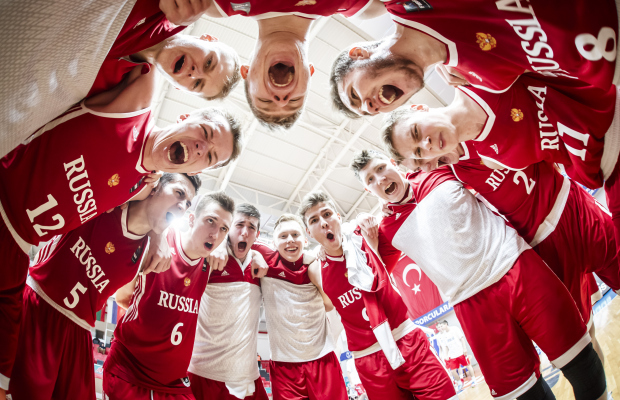Take the decision to work with an agent very seriously because you are deciding to let someone act on your behalf.
Ensure your agent has certification from FIBA to work within International basketball as an agent.
Use different representatives (agent, financial advisor, and lawyer) for different parts of your personal and professional affairs.
Remember that the reputation you build at the early stages of your career will impact how marketable you are when you are playing at higher levels.
Build good relationships with your sponsors to increase the chances of renewing your contract.
A Player's mentor looks after the player’s best interests and personal development only.
A Players’ Mentor will help you develop your career and help you planning and identifying transitions.
Family plays a paramount role in the development of a player; however, they do not understand the specificities of the game, and, most of the time, they will not understand what is happening in your head.
Parents are primarily responsible for the overall evolution of the athlete as a person.
